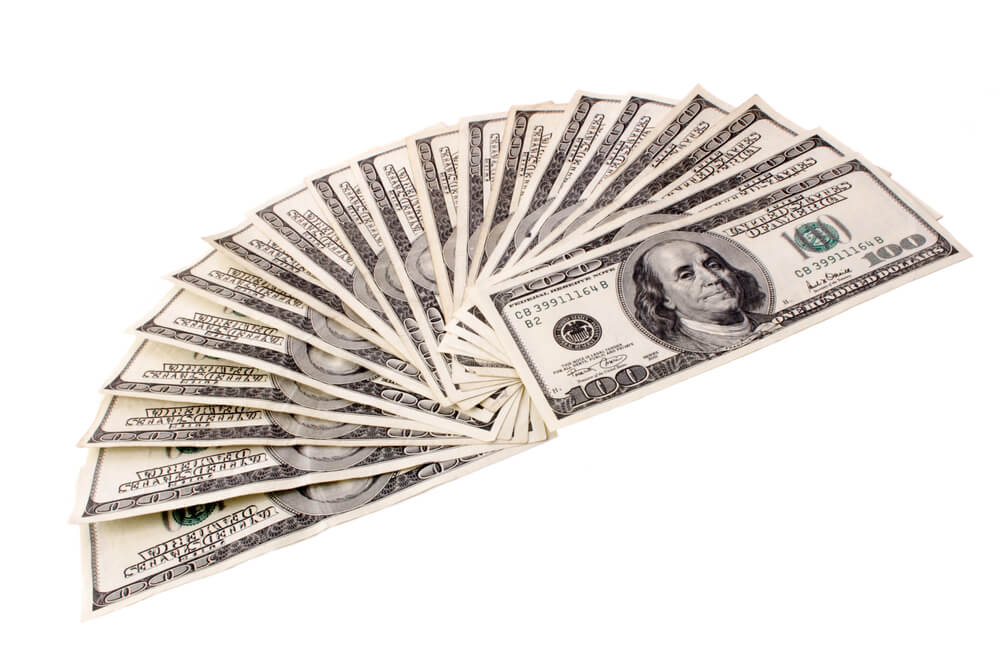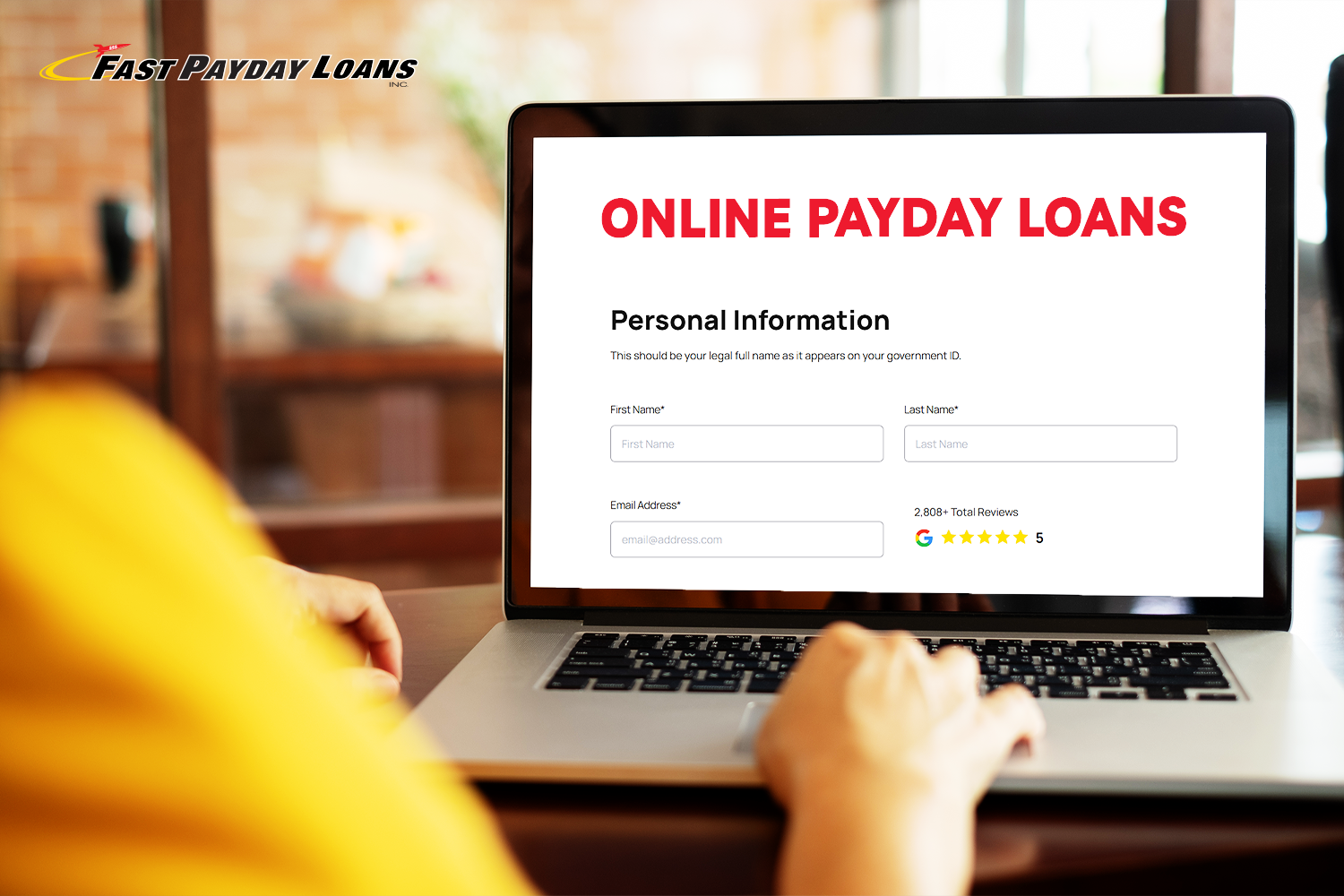Student loan debt may feel overwhelming, as you may have to spend decades after college graduation worrying about paying off tens of thousands of dollars of debt. While the standard repayment term is ten years, the average student borrower takes 20 years to pay it off entirely. Thankfully, that doesn't have to be the case, as there are several options to shorten the timeline and become student debt-free faster.
In this guide from Fast Payday Loans, Inc., we offer our ten top tips for paying off student loans, helping you reach your money goals quicker than you previously imagined. We will also explain the process for getting a Florida payday loan cash advance if you face a financial emergency you cannot afford.
What Are 10 Tips For Paying Off Student Loans?
Don’t allow yourself to get overwhelmed by paying off student loans after graduation. After your grace period ends and you have to begin repayment, there are methods you can use to ease the burden of paying student loans. You can use many repayment tips to help pay off your loans and put you in a better position to achieve your financial goals.
The following are ten tips for paying off your student loans:
1. Take Advantage Of Your Student Loan Grace Period
After graduating from college, you will have a grace period before you begin paying off your student loans. How long this period is depends on what types of student loans you have. Students with Stafford and Direct Loans will have six months, whereas those with Federal Perkins loans will have nine months.
Make sure you use this time wisely. Get a job after college and begin saving money for student loan repayment. You can build up a student loan fund that you can use for the first couple of monthly payments to help with the transition for this expensive monthly expense.
2. Pay Biweekly
A bi-weekly payment means making a second monthly payment. You can make a payment every other week rather than only making one payment every month. With this strategy, you’ll double the amount of payments you make, leading to you paying off your student loans faster. This can help you avoid accruing interest from a long student loan repayment schedule.
This strategy is only for some, as you must have the financial stability to use so much of your monthly income on student loan repayment. We suggest using a biweekly student loan payment calculator to determine how much money and time you'll save this way.
3. Sign Up For Autopay
Autopay is a fantastic way to lower the interest rate associated with your student debt, ensuring more of your money goes toward your principal balance. If you allow the federal student loan service to take payments from your bank account automatically, you'll save a quarter-point of interest. Even some private lenders offer a deduction for auto-pay subscribers.
That said, such savings will be minimal. For instance, dropping the rate from 4.5% to 4.25% on a $10,000 student loan will only save you roughly $144 over ten years. However, it still saves some time from your repayment period. You must contact your servicer to enroll in autopay or learn whether an autopay discount is available.
4. Refinance Your Loan
If making extra payments isn't an option for you, consider refinancing. Instead of paying student loans to multiple servicers, each with their own interest rate, you could replace them with one private loan.
To speed up repayment, you must select a new loan term shorter than what's left on your student loans. Just keep in mind that decreasing your term could increase your monthly repayment, but it could be worth it to speed up your student loan repayment schedule.
You are more likely to be accepted for refinancing if your credit score is at least in the high 600s, you have a solid income, and your debt-to-income ratio sits below 50%. However, don't refinance federal student loans if you want to take advantage of Public Service Loan Forgiveness or income-driven repayment.
5. Consider Loan Forgiveness Programs
Forgiveness programs can help those who meet minimum requirements by reducing their monthly debt payment and possibly eliminating a portion of their debt. These programs can have stringent approval requirements, so you may not qualify for loan forgiveness. However, those who meet the requirements can benefit from loan forgiveness to reduce their student loan debt.
The following are some loan forgiveness programs you can look into:
- Income-driven repayment forgiveness — This loan repayment plan determines how much you must pay monthly based on your income and family size. When you reach the end of your payment period (usually 20 or 25 years), any remaining balance is forgiven if you have not fully paid off your student loans.
- Teacher Loan Forgiveness — To be eligible, you must teach full-time for five consecutive years in an educational service agency or a low-income school and have an eligible loan under an FFEL or a direct loan program. One of the years you've taught must be after the 1997-1998 academic year. The program forgives between $5,000 and $17,500 based on your specialty.
- Public Service Loan Forgiveness — You can have your remaining federal student loan balance forgiven if you are a full-time employee in a public service position at a nonprofit or government organization. You must have consolidated federal student loans or a direct loan and made 120 relevant payments under an income-driven repayment plan. Approval is challenging, so you should read its criteria carefully.
6. Utilize Found Money To Repay Student Loans
While at first glance, this seems like we're suggesting random $5 bills you find on the street to repay your loan, the reality is wildly different. If you receive a raise or get a financial windfall like your federal income tax refund, you could allocate some or all of it to your student loans.
Starting a side hustle falls under this bracket, too. This can increase your income, allowing you to repay student debts faster. It could be as simple as selling items you no longer want/need or as complicated as beginning a freelance or consulting career on the side.
7. Pay More Than The Minimum Monthly Payment
Provided you can afford it, make larger payments toward your student debt. This is undeniably the most steadfast way to repay your student loan debt quickly. By reducing the principal balance, you're decreasing the duration of the loan term and the interest you have to pay.
This can be an expensive strategy to handle your student debt repayment. Most people have high monthly payments that cost hundreds of dollars, so paying even more may not be doable for everyone. If you wish to follow this strategy but don’t have the money, you can try to get a side hustle to give yourself extra cash for student loan repayment.
8. Get a Part-Time Job In College
If you're still in college, consider getting a part-time job to keep your debt as low as possible. Check your university’s resources or career center to see if they're hiring on-campus, as these positions are often more understanding of busy class schedules. Jobs on-campus at some universities will also use some of your paychecks to pay off your student loans early.
You could also get a remote job from home to make some extra cash you can put in your student loan fund. On top of that, you can take summer jobs between academic years to boost your income even more.
9. Use Tax Deductions
The government offers student loan interest deductions on your taxes for any interest you pay during the year on applicable loans. You can only get tax deductions on interest for loans you took out directly. It lets you deduct up to $2,500 based on your adjusted gross income. Whether you have a federal or private student loan, you can take advantage of these deductions.
10. Speak To Your Employer About Student Loan Assistance
Numerous employers offer tuition reimbursement or student loan repayment assistance. Some even offer free college for those who sign up for degrees within a pre-defined course catalog.
Employers offering assistance can contribute up to $5,250 every year toward your college tuition or student loan repayment assistance until the end of 2025.

Paying For Financial Emergencies With Florida Payday Loans
While repaying your student loans, financial emergencies are bound to arise, including medical bills, auto or home repairs, or late bills. In this case, you can turn to Fast Payday Loans, Inc. in Florida for financial assistance with our Florida payday loans.
These allow you to borrow emergency money from your future paycheck. If approved, you could receive up to $1,000 for emergency expenses. Getting approved involves having the required items and following our short, easy approval process.
We've listed everything you need here:
- Pay stub — This must be your most recent pay stub so we can get a more accurate depiction of your current financial state.
- Blank check — Please ensure the blank check comes from an active checking account open in your name.
- Identification — Most people use their driver's licenses. However, you can utilize your passport, student ID card, or other government-issued photo identification. Just be aware that you must be 18 to get a loan from us at Fast Payday Loans, Inc.
Cover Emergencies With Fast Payday Loans, Inc. Today!
You can use the above ten tips to help you through your journey of repaying your student loans. Emergencies can arise during that process that can threaten to derail your repayment. Fast Payday Loans, Inc. is here to help with our simple and fast process for getting approved for a Florida payday loan. Start the process by submitting your information through our online inquiry form today!
Note: The content provided in this article is only for informational purposes, and you should contact your financial advisor about your specific financial situation.







